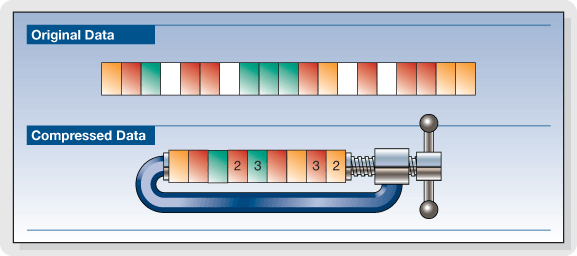In 2015, the average customer expected a website to load within three seconds. As of 2018, this loading time has reduced further – with 43 percent of visitors expecting a page to load within two seconds of landing on it. That puts quite a bit of pressure on site owners to “get it right.”
Reduce Page load Time and Speed Up Your Website

In addition to taking steps to ensure a website loads as quickly as possible, it’s also a good idea to use a tool for website availability monitoring and speed monitoring, which will let you know if any issue arise.
Keep reading to learn some quick things you can do to reduce loading speed and keep more people on your page.
1. Use Your Own CDN
A CDN is a content delivery network. The goal of a CDN is to ensure that visitors to a website have a faster and more accessible experience. Today, larger websites use their own CDN to ensure local visitors are able to have the fastest load times possible.
2. Post Adaptive Images
Up to 61 percent of the wait on your website is caused by the images you have posted. If you want to improve the loading time of your website, considering using Adaptive Images or Picturefill, which are innovative tools that can help you with this.
There is an alternative option, too. You can use different image formats, such as JPegXR or WebP. Doing this can help to reduce load time by about 25 to 50 percent. What’s even better is that using this won’t reduce the quality of the image.
3. Cache
Have you heard of browser caching? The fact is, it can be an invaluable tool. The cache will store a version of the static resources on your page. This can help to increase overall page speed quite a bit, while reducing server lag.

When someone visits your page on your site, in most cases, the cached option will be shown. If you have changed your site since it was last visited, the new version will load. This helps to improve the speed of your site tremendously.
4. Clean Out Your Plugins
There’s no question that modern plugins for your site can offer a wide array of features and function. However, when you get too many plugins on your site, it is going to take much longer to load.
Not all plugins cause a problem. But, if you have outdated or subpar ones in use, your site speed can be reduced significantly. The good news is, this is a pretty easy fix. Simply remove any plugins that are outdated, not used or provide the same feature another one does.
5. Content Compression
Did you know you can compress your content? It’s true! When you do this, it will improve your site’s performance significantly. There are several web servers, such as IIS and Apache that utilize the GZIP compression algorithm.
With this in place, it provides automatic compression for JavaScript, CSS and HTML. There are other compressor services, too. These are available online and designed to remove any unneeded characters or spaces throughout your CSS and HTML code.

Are you dedicated to taking steps to help your website load faster? If so, you are going to improve customer experience and, potentially, your sales.
Take some time to ensure your site is loading properly, and quickly. Not only will your business grow, but your customers will also have a positive experience. This means they are going to come back time and time again.





